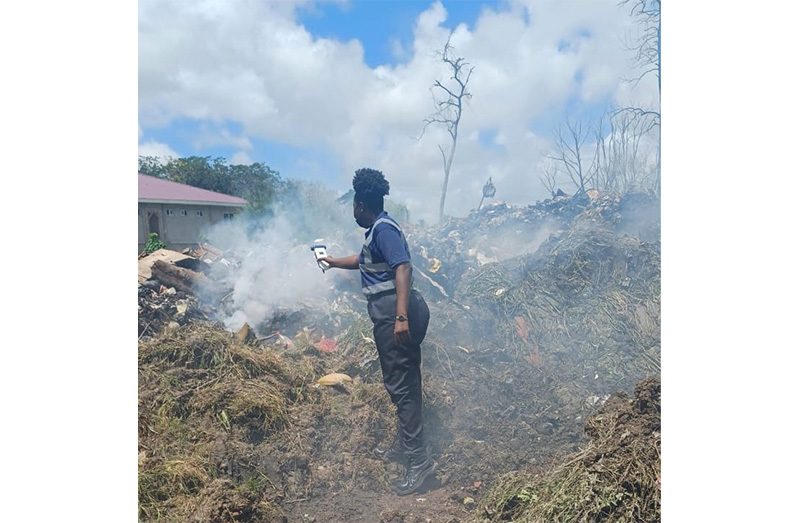PROTECTING the sky above us starts with action on the ground.
On 16 September, Guyana will join the rest of the world in observing International Day for the Preservation of the Ozone Layer, an annual event designated by the United Nations since 1987 to commemorate the signing of the Montreal Protocol on Substances that Deplete the Ozone Layer.
The Protocol is widely regarded as the most successful environmental agreement in history, bringing countries together to phase out chemicals responsible for damaging the ozone layer. It was developed under the Vienna Convention, adopted in 1985.
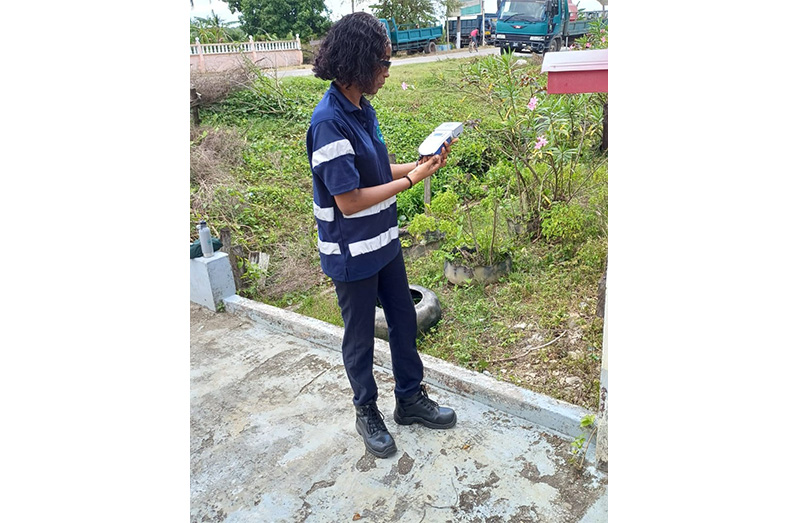
This year marks 40 years since the Vienna Convention for the Protection of the Ozone Layer, a landmark treaty that laid the groundwork for the Montreal Protocol, and the subsequent actions thereafter.
This year’s theme, “From Science to Global Action,” highlights the journey from the scientific discovery of ozone depletion to the collective global response that led to its protection and recovery through agreements like the Montreal Protocol and the Kigali Amendment. It celebrates how research-motivated policies, industrial adaptations and public awareness have culminated in one of the most successful environmental treaties in history.
Through these global efforts to preserve the ozone layer, there have also been additional benefits, such as reducing greenhouse gas emissions and the impacts of climate change.
The ozone layer, a thin shield high up in the stratosphere, plays a vital role in protecting all life on Earth from the sun’s harmful ultraviolet (UV) radiation. Without it, human health, food security, ecosystems, and economies would all be at risk.
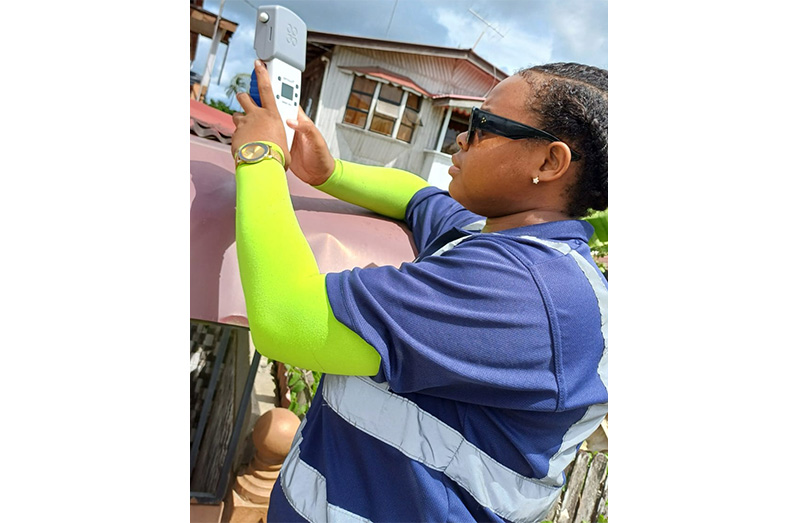
For Guyana, protecting the ozone layer is also closely linked to the broader fight against climate change and efforts to build a sustainable future.
THE IMPORTANCE OF PROTECTING THE OZONE LAYER
The ozone layer reduces the amount of UV radiation that reaches the Earth’s surface. Excessive exposure can lead to skin cancer, eye cataracts, and weakened immune systems in humans, while also threatening agriculture, livestock, fisheries, and forests.
For a country like Guyana, where communities depend heavily on farming, fishing and outdoor livelihoods, protecting the ozone layer safeguards not only public health but also food security and natural resources.
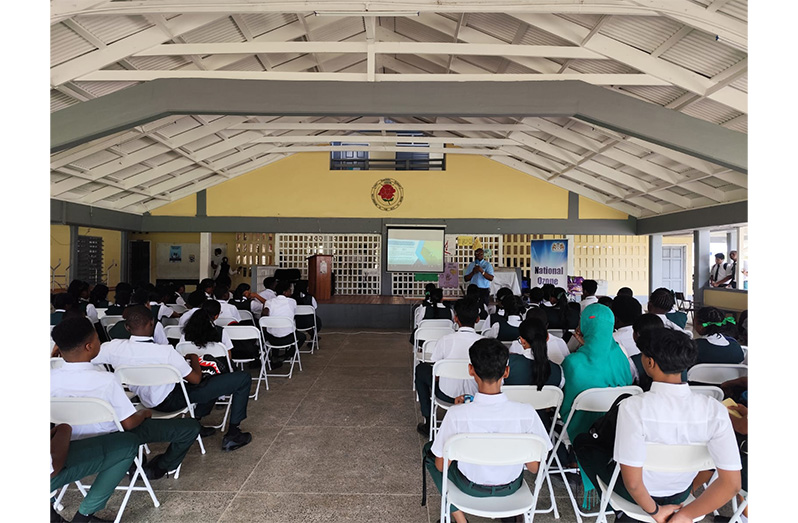
Globally, the Montreal Protocol has already achieved remarkable success. The use of harmful ozone-depleting substances (ODS), such as chlorofluorocarbons (CFCs), has been phased out worldwide, and the ozone layer is on track to recover to 1980 levels by the middle of this century.
This is proof that when countries work together with the support of scientific research, real progress is possible.
While Guyana has made important strides, several challenges remain, including:
- Refrigeration and air-conditioning systems still rely on chemicals such as hydrochlorofluorocarbons (HCFCs), which are less damaging than earlier ozone-depleting substances but are still harmful and contribute to climate change.
- Some technicians and businesses lack proper training in the safe recovery, recycling and disposal of refrigerants, leading to unnecessary emissions.
- Many citizens are not fully aware of how everyday actions — like discarding old refrigerators or using uncertified AC units — can affect the ozone layer.
- Because Guyana relies heavily on imported cooling equipment, regulation and monitoring are critical to prevent the entry of harmful substances.
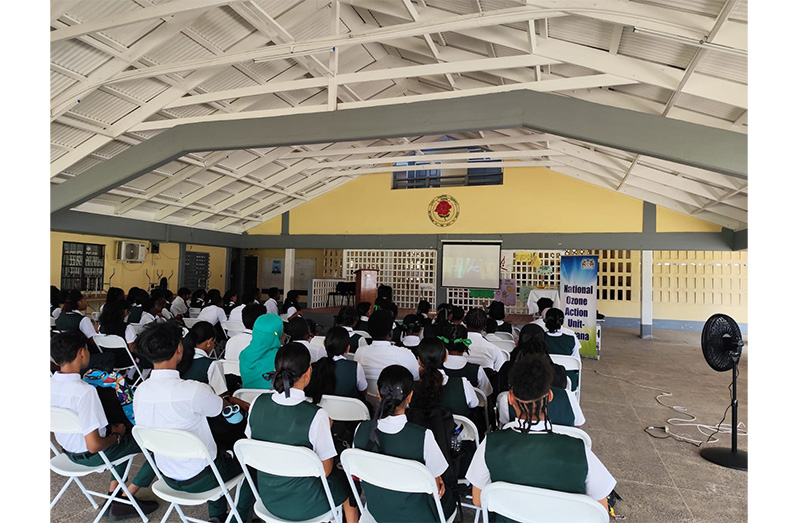
PROTECTING GUYANA’S ENVIRONMENT
The National Ozone Action Unit (NOAU) of the Hydrometeorological Service, Ministry of Agriculture, leads the country’s efforts under the Montreal Protocol.
The NOAU is the focal point for the Protocol, coordinating and monitoring all activities towards the smooth phase-out of man-made ODS in Guyana. It monitors and licenses the importation of refrigerants and related equipment to ensure they meet international standards. It also provides training and certification for refrigeration and air-conditioning technicians, helping them to handle and dispose of controlled substances safely.
The Environmental Protection Agency (EPA) also plays a critical role through public education, outreach, and environmental communication. The EPA and NOAU have jointly held seminars and awareness campaigns targeting schools and communities, highlighting not only the science but also actionable behaviours such as avoiding CFC-containing products and promoting safe refrigeration practices.
Public awareness is another key part of the Agency’s work, with workshops, media outreach, and school programmes teaching citizens about ozone protection and the benefits of energy-efficient cooling.
The EPA also promotes ozone-friendly and climate-friendly technologies, reducing reliance on harmful chemicals while supporting Guyana’s transition to a greener, more sustainable economy.
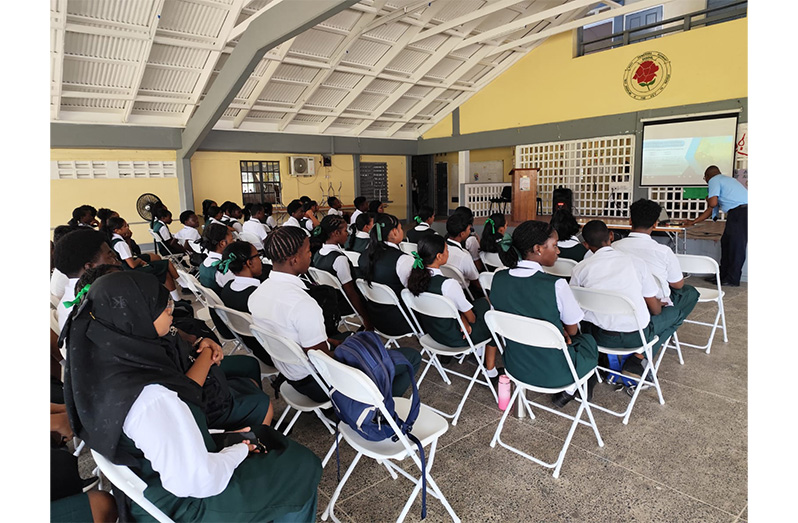
WORKING TOGETHER FOR A CLEANER GUYANA
Protecting the ozone layer requires collective responsibility. Citizens can help by choosing energy-efficient appliances, maintaining air-conditioning and refrigeration systems properly, and ensuring safe disposal of old equipment.
Businesses in the refrigeration and cooling sector must comply with EPA regulations, use certified technicians, and adopt sustainable practices that prevent emissions. Communities also play a crucial role by sharing information, discouraging unsafe practices, and advocating for cleaner technologies.
By working together, we can protect the ozone layer while also reducing greenhouse gas emissions that drive climate change. This shared responsibility strengthens Guyana’s ability to safeguard public health, protect livelihoods, and build resilience to environmental challenges.
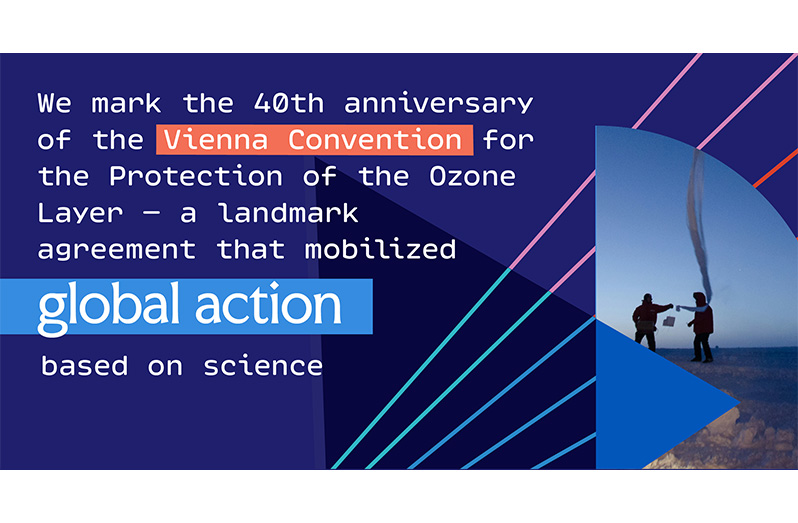
BUILDING A SUSTAINABLE FUTURE
The International Day for the Preservation of the Ozone Layer is more than a global observance; it is a reminder that progress is possible when science, policy, and people unite.
Guyana continues to play its part in ensuring the success of the Montreal Protocol and in protecting its citizens, environment, and economy from the harmful effects of ozone depletion.
The EPA encourages every Guyanese to use certified technicians, choose ozone-friendly appliances, and spread awareness within their communities.
Together, we can preserve the ozone layer, reduce climate change impacts, and secure a healthier, safer, and more resilient future for Guyana.
You can share your ideas and questions by sending letters to: The Environmental Protection Agency, C/O Communications Department, Ganges Street, Sophia, Georgetown, or email: communications@epaguyana.org. Follow us on Facebook and Instagram and subscribe to our YouTube channel. 1





.jpg)


